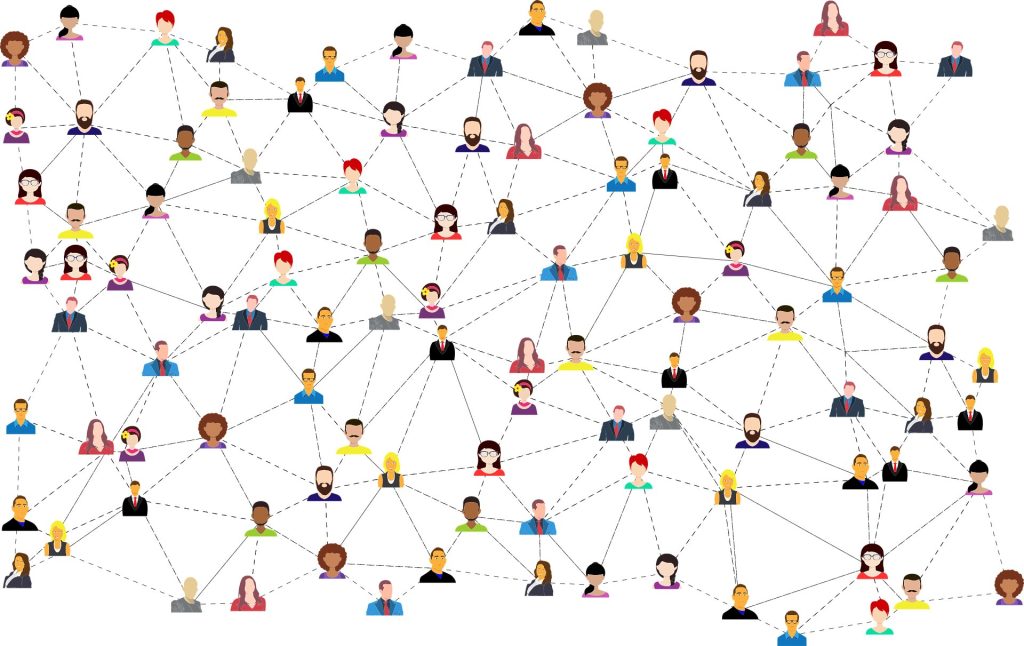Did you know that the concepts of brainwashing and mind control are more relevant today than ever? In her insightful new book, Rebecca Lemov sheds light on how these phenomena persist in our modern world through social media, cults, and even AI. Let’s embark on a heartwarming journey into the fascinating history and implications of mind control and discover its surprising connections to our everyday lives.
The Intriguing Legacy of Brainwashing
Brainwashing might sound like something from a spy novel or a Cold War thriller, but Rebecca Lemov, a professor of the history of science, argues it’s still very much alive today. In her fresh and engaging book, The Instability of Truth: Brainwashing, Mind Control, and Hyper-Persuasion, she explores how elements of coercion and persuasion weave their way through our lives, often without us even realizing it.
Starting her journey into this complex world over 20 years ago during her dissertation research, Lemov became intrigued by the idea of brainwashing as a powerful way to manipulate thoughts and behaviors. While often closely linked with mind control, she coined the term "hyper-persuasion" to describe a modern method of targeted influence heavily present in today’s media landscape. At the heart of all these concepts is a combination of coercion and persuasion, which taps into our deepest emotions.
A Historical Overview
The idea of brainwashing gained global attention during the Korean War. U.S. Air Force POWs returned home with confessions they had been coerced into making—claims they later renounced as false. Their eerie demeanor evoked memories of Cardinal Mindszenty, a Hungarian figure who had confessed to crimes after enduring psychological manipulation, famously saying, "Without knowing what had happened to me, I had become a different person."
Lemov highlights that brainwashing isn’t a modern invention; its roots reach back to ancient civilizations. From the Greek mysteries to 20th-century political show trials, the techniques of coercion have taken various forms throughout history. As the concept gained traction in Western media, it began to redefine people’s understanding of personal autonomy and psychological freedom.
Patty Hearst and the Modern Era
The case of Patty Hearst, who was kidnapped and later engaged in criminal activities alongside her captors, reignited public interest in brainwashing during the 1970s. Many couldn’t accept that she had been coerced, given her participation in bank robberies. Yet, she claimed, “I accommodated my thoughts to coincide with theirs,” revealing the paradox of brainwashing—it often disguises itself so skillfully that it’s hard to detect, especially when one’s own emotions come into play.
Lemov argues that scholars disagree on whether brainwashing truly exists or is just a product of mass hysteria. Czeslaw Milosz, a Polish poet, notably stated that the act of adjusting one’s beliefs to fit a regime’s demands could be a form of self-brainwashing. The struggle to maintain one’s individuality under pressure isn’t new; it’s a narrative that persists in different forms to this day.
The Digital Age: New Dimensions of Control
Leaning into the present, Lemov points out how social media, AI, and cryptocurrency introduce new dimensions of influence. These platforms create places where emotional connections are cultivated through targeted content designed to engage and sometimes manipulate users. Engaging with social media can resemble a subtly coercive environment, flooding users with a constant stream of emotionally charged stimuli.
When we find ourselves caught in a loop of doom scrolling, we experience a form of sensory overload. This reduces our ability to think critically and can lead to what Lemov refers to as hyper-persuasion—where our choices are narrowed and shaped by algorithms designed to evoke strong emotional responses.
Understanding Susceptibility
Lemov teaches about brainwashing and its effects, drawing students into a captivating exploration of why this topic captures so much interest. Many are eager to understand the psychology behind relationships and control, especially as it relates to cults or abusive dynamics. Today’s students often inquire about how algorithms affect their decisions and mental health, showcasing their desire to comprehend this complex new reality.
But can anyone fall prey to the intricacies of brainwashing? Surprisingly, the answer is yes! Vulnerability doesn’t discriminate based on intelligence or background. Harnessing emotional experiences can make even the most astute thinkers susceptible to manipulation. It’s crucial to stay aware of emotional cues and not just the rational thoughts we hold.
Mindfulness: Our Best Defense
Being mindful of our emotional experiences can be a powerful tool in navigating today’s complex social landscape. As we interact with technology and media, recognizing the emotional undercurrents in our engagements can empower us to make clearer, more informed choices about where we place our trust and loyalty.
In her book, Lemov invites us to reflect on our emotional landscape and how it informs our decisions. Understanding the subtle influences surrounding us can help safeguard our autonomy, keeping our minds free while navigating the ever-evolving terrain of persuasion.
This story is published courtesy of the Harvard Gazette, Harvard University’s official newspaper. For additional university news, visit Harvard.edu.
If you would like to see similar science posts like this, click here & share this article with your friends!





